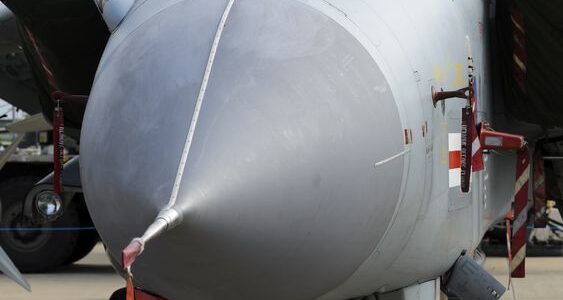PRV Engineering’s significant investment in a new plating facility in 2013 has led to a firmer control over prices and lead times.
One of the fastest growing high precision engineering machining specialists in Europe, PRV have been trading for over 27 years. Managing director Simon Jones believes the company’s new plating facility will have a vital part to play in the future of its Busbar business.
He said; ”Our order book continues to grow and the stabilisation of our Busbar business, via the investment in our new plating facility, helps to convince our loyal clients that we are here for the long term.
“Because we are in the high voltage power industry and a lot of our products are Busbars, they either require tin-plating or silver plating for added conductivity. In the industry we find it increasingly difficult to get the service done in an adequate time and at an adequate price.











Recent Comments